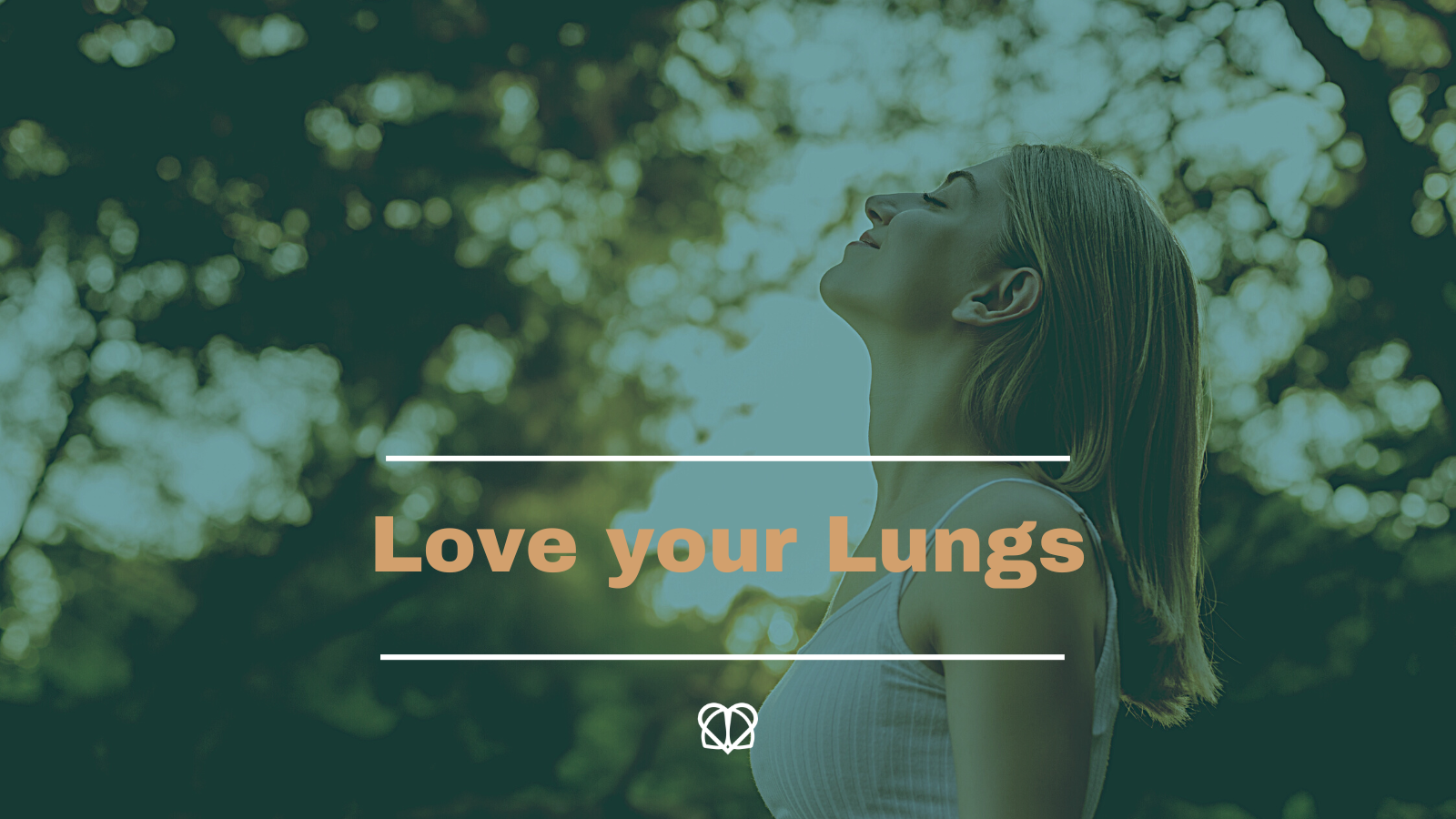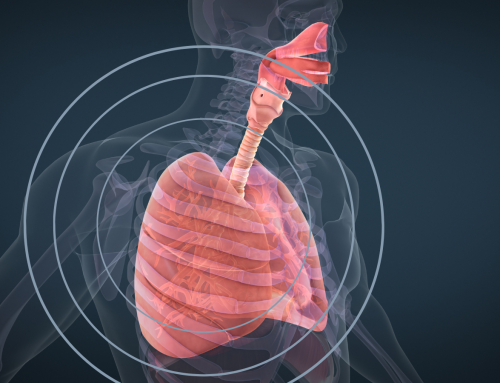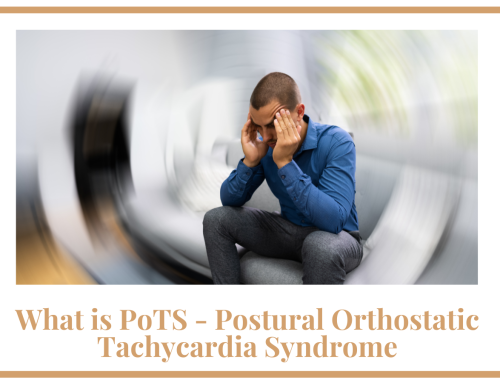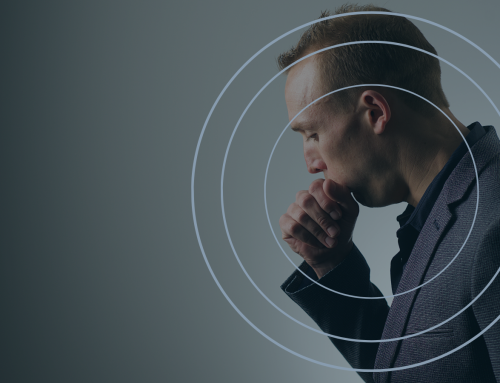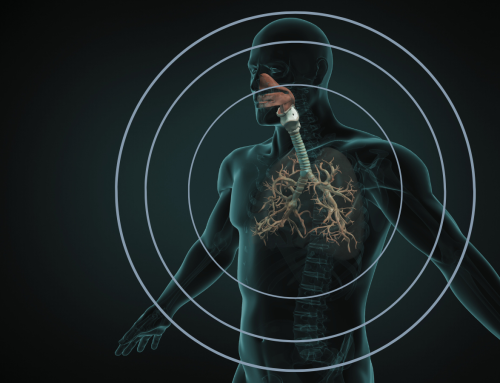Yes! It’s Love your Lungs week and we’re here to celebrate it! Love your Lungs Week – formerly Breathe Easy Week – is a campaign founded by Asthma & Lung UK to raise awareness of lung conditions. The charity is fighting on behalf of those with lung conditions for a number of reasons:
- In the UK, respiratory care simply isn’t good enough.
- Even before Covid-19, NHS hospital admissions for lung conditions were rising three times faster than average admissions.
- Lung disease is now the third most common cause of death, costing the NHS more than £9 billion every year. So this issue needs to be at the top of the health agenda.
- People living with lung conditions are often overlooked and being left behind. Their condition isn’t accurately diagnosed at an early stage – and even when they are diagnosed, they’re not given the care they need.
Asthma + Lung UK aims to really listen to those with diagnosed with lung conditions, understand their views and needs – and create a long term plan to help support them.
So if you have COPD, bronchiectasis, chronic bronchitis or any other lung condition, make sure you’re doing everything you can to love your lungs and look after them.
Love your Lungs Week
It’s time to show your lungs a little love! Here are our top tips to show your lungs you care:
Stop smoking: this is quite possibly the most important one, the top priority. Smoking – whether directly or being exposed to smoking passively – is the number one cause of lung problems in the UK. Quitting smoking will help protect your lungs and it’s never too late to stop. If you’re struggling to quite there are a number of resources offered by the NHS to help: from vapes to patches or gum, and there’s even an app you can use to support you through the process.
Keep moving: being fit & active benefits your whole body. Exercise, even just a small amount done consistently, helps you maintain a healthy weight and keeps your heart and lungs healthy. When you exercise, your heart beats faster, and your lungs work harder – the more you exercise, the more efficient your lungs become. The WHO recommends all adults aged 18-64
- should do at least 150–300 minutes of moderate-intensity aerobic physical activity
- or at least 75–150 minutes of vigorous-intensity aerobic physical activity; or an equivalent combination of moderate- and vigorous-intensity activity throughout the week
- should also do muscle-strengthening activities at moderate or greater intensity that involve all major muscle groups on 2 or more days a week, as these provide additional health benefits.
Avoid pollutants:be aware of air quality as this can have a significant impact on your lung function. Chemicals in the home or workplace, smoking indoors and even the presence of mould can affect the quality of the air indoors. You also need to be aware of pollution levels outside from traffic, pollen, outdoor fires and things like factory chimneys. Try to limit your time outdoors when air quality is low – you can check the level in your area here.
Prevent infections: unfortunately if you have COPD you are at greater risk of infection. Try to remain infection free by keeping your hands clean. Think back to the advice we all had during Covid where we were told to wash our hands with warm water and soap, and avoid touching your face. It’s also important to know what your individual signs of infection are, and act early if you notice these signs.
Hydration: staying hydrated is essential for lung health. If you’re not hydrated enough then the mucus in your lungs thickens and gets sticky, which can clog your airways and makes you more susceptible to illness, allergies and other respiratory problems.
Posture: poor posture doesn’t just leave you with back ache, it can affect your lungs too – specifically your lung capacity and the ability of your rib cage, and lungs, to expand fully. When you sit in a slouched position your abdomen is more compressed. This means that when you breathe in it’s more difficult for your other organs to move out of the way, which then limits the ability of the diaphragm and intercostal muscles (the muscles within the ribcage) to expand the lungs.
Optimal breathing: when you breathe optimally you are breathing in a way that is physiologically best for your body. Not doing so can have far reaching knock on effects in terms of how you feel, how you tolerate exercise, and how your body responds to stress. Try to do the following to breathe optimally:
Nose – you should be breathing in and out through your nose. As opposed to when you breathe through your mouth, the nose refines and prepares the air coming into the body. It warms, humidifies, filters and controls the speed of the air entering your airways, enabling it to be used as efficiently as possible.
Rhythmical – all the breaths should be the same size
Silent– breaths through the nose at rest should be quiet and effortless
Lower chest– you should be breathing from your lower chest, not from the top. The diaphragm should be flattening when you breathe in, pushing your lower rib cage outwards. This creates the space within your lungs to take an adequate sized breath.
Air Physiotherapy can help you Love your Lungs!
If you think you might need help to love your lungs, we offer a range of treatments. You can book your first appointment online via our booking page or drop an email if you’d like to find out more enquiries@airphysiotherapy.co.

